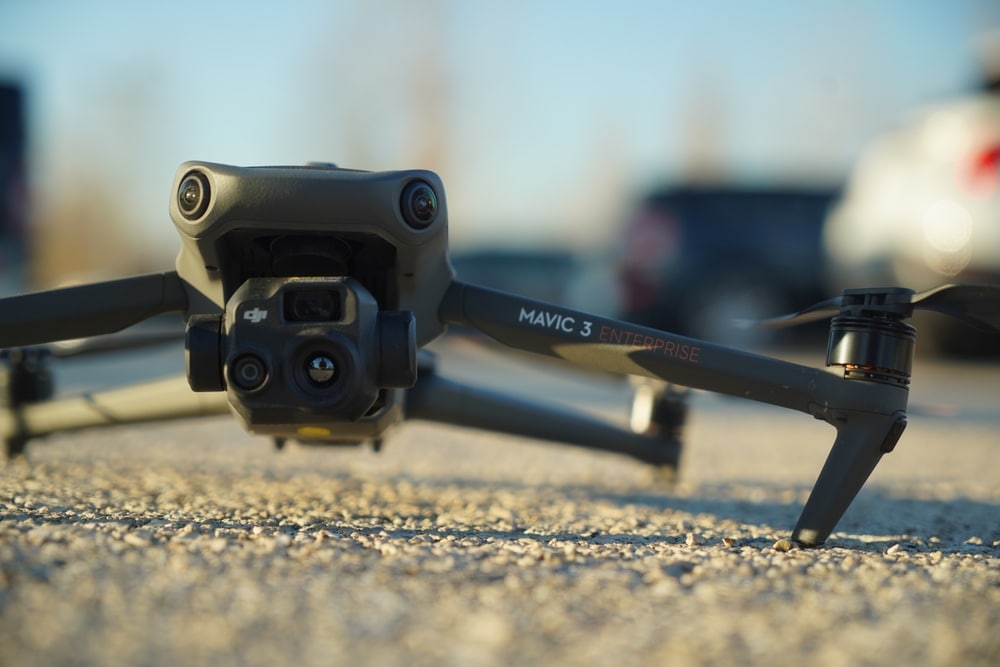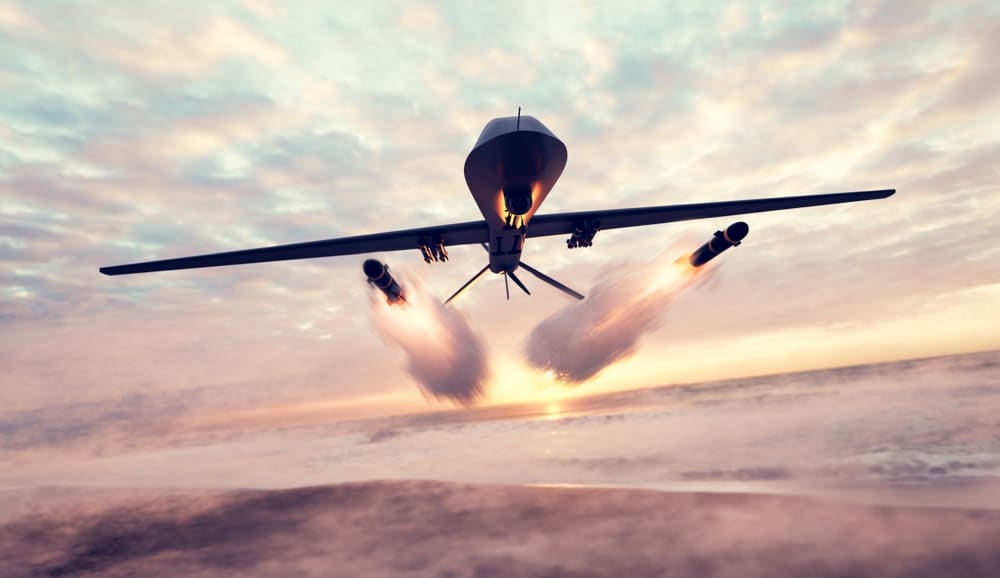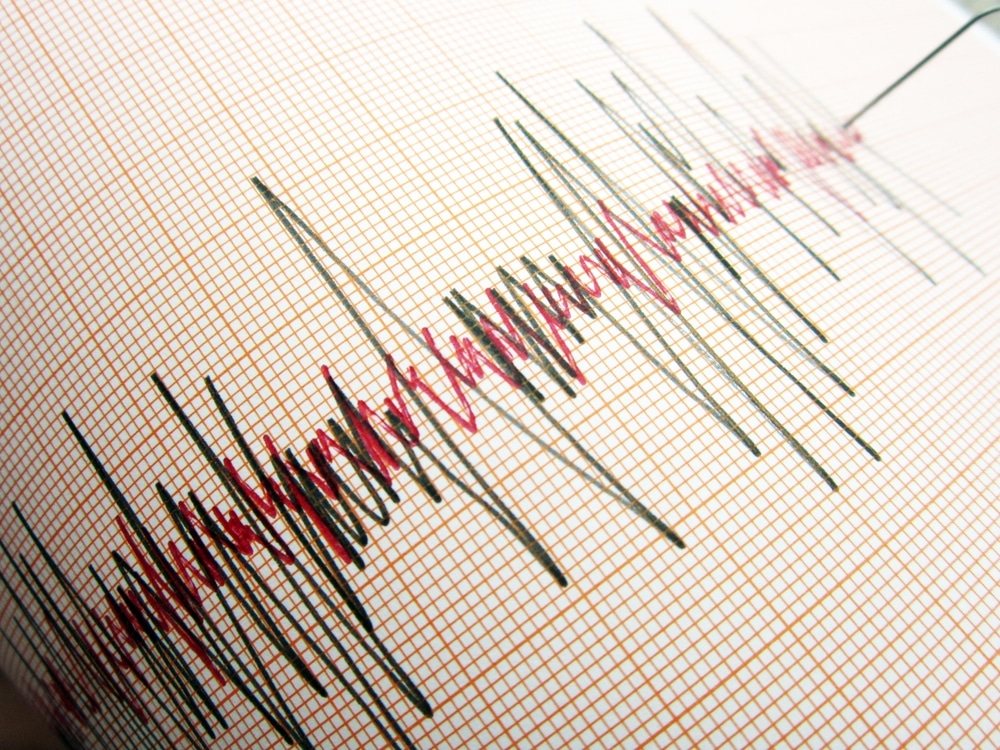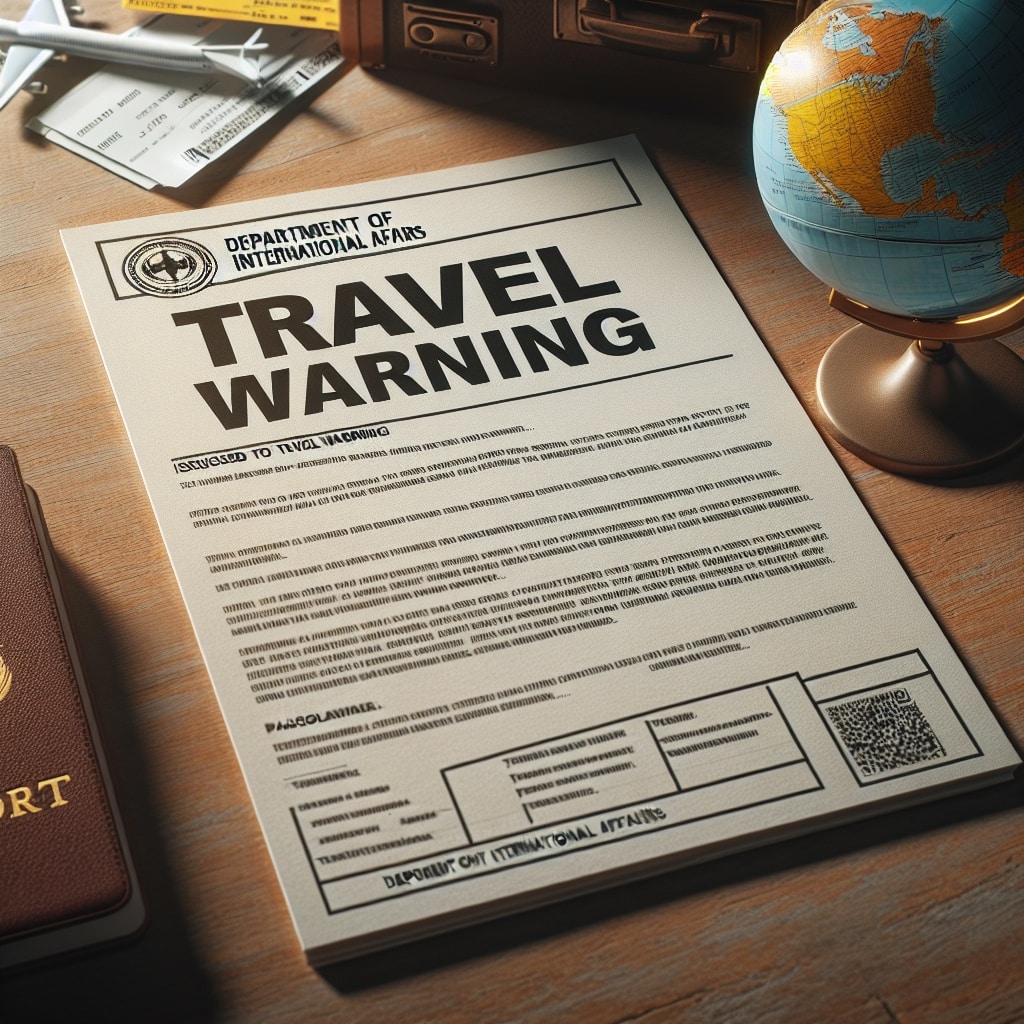South Korea will soon roll out a pilot project to use artificial intelligence, facial recognition, and thousands of CCTV cameras to track the movement of people infected with the coronavirus, despite concerns about the invasion of privacy. According to a report from Reuters, The nationally funded project in Bucheon, one of the country’s most densely populated cities on the outskirts of Seoul, is due to become operational in January.
According to more details of the report, The project’s system will analyze footage from over 10,000 CCTV cameras and track the movement of COVID-19 patients, as well as their close contacts. The national government has infused 1.6 billion won ($1.3 million) into the project, while Bucheon added 500 million won more from the city’s coffers.
The news report noted that the project will help reduce the strain on overworked tracing teams. As the system can simultaneously track up to ten people in five to ten minutes, it can cut the time spent on manual work which usually takes around half an hour or more per person traced. Bucheon mayor Jang Deog-cheon was also quoted as saying that facial recognition tech will enable faster tracing.
Despite employing an “aggressive, high-tech” contact tracing system that collects credit card records, cellphone location, and CCTV footage, among other personal information, South Korea still relies on epidemiological investigators who usually work a 24-hour shift, the report emphasized.
A city official addressed concerns around the invasion of privacy by stating that the system censors non-target individuals; it only traces confirmed patients, abiding with provisions under the Infectious Disease Control and Prevention Act. According to the Korea Disease Control and Prevention Agency, the use of the technology remains lawful as long as it is used within the domain of the said law.

















